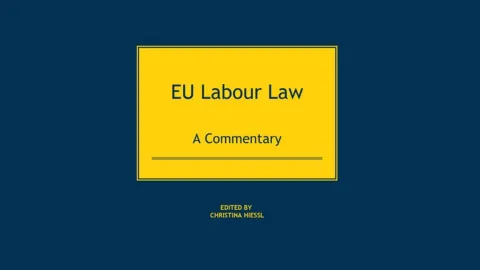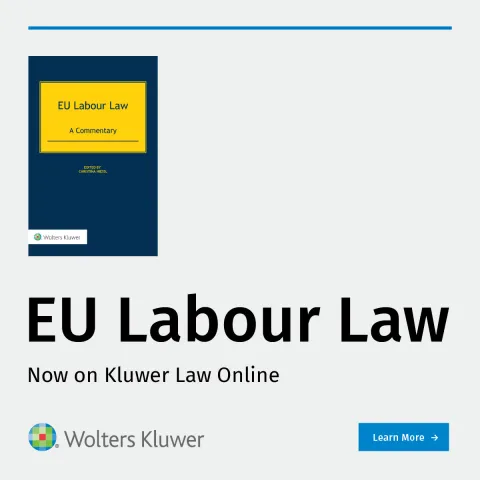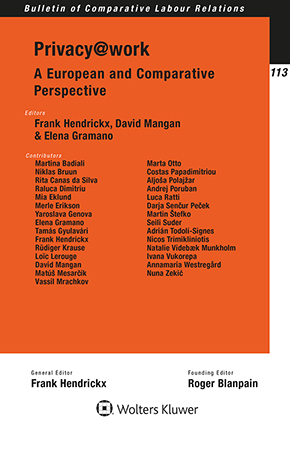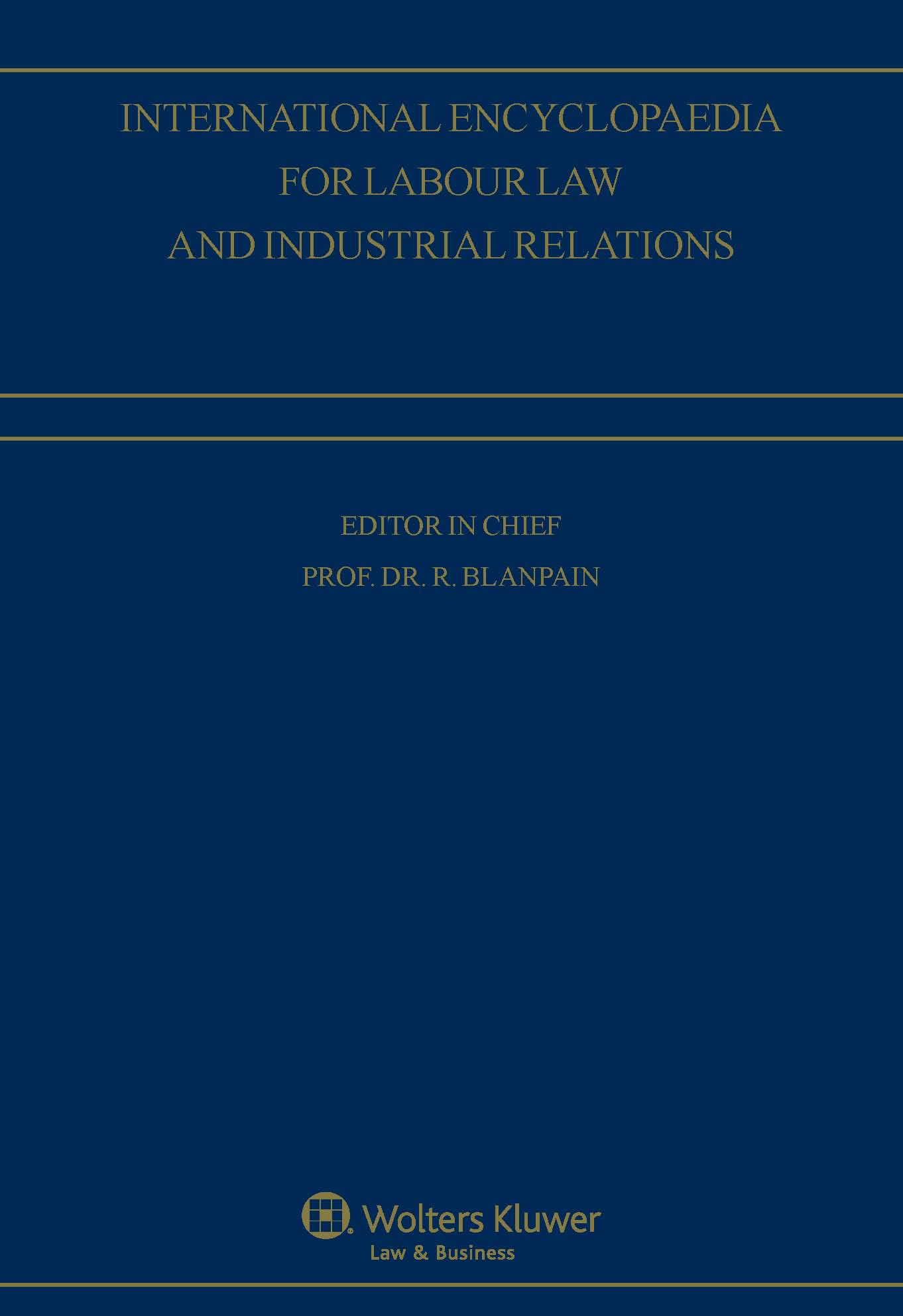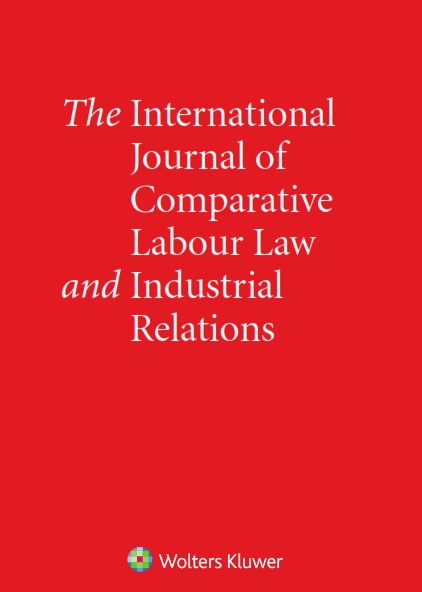The Adequate Minimum Wage Directive: The Decision
November 14, 2025
The Court of Justice of the European Union released on 11 November its decision regarding Denmark’s challenge to the Adequate Minimum Wage Directive. This post provides a brief summary of the judgment as well as some reaction to it. There will be a later post providing analysis of the judgment.
Summary of Ruling
The CJEU denied Denmark’s request to annul the Directive in its entirety. It affirmed the collective bargaining and wage setting provisions. The Court annulled two provisions: “Annuls the part of the sentence ‘including the elements referred to in paragraph 2’ in the fifth sentence of Article 5(1) of Directive (EU) 2022/2041 of the European Parliament and of the Council of 19 October 2022 on adequate minimum wages in the European Union, Article 5(2) of that directive and the part of the sentence ‘provided that the application of that mechanism does not lead to a decrease of the statutory minimum wage’ in Article 5(3) of that directive” [147].
Revised Article 5 of the Adequate Minimum Wage Directive
Following the decision, Article 5 of the Directive reads as follows:
Article 5(1): “Member States with statutory minimum wages shall establish the necessary procedures for the setting and updating of statutory minimum wages. Such setting and updating shall be guided by criteria set to contribute to their adequacy, with the aim of achieving a decent standard of living, reducing in-work poverty, as well as promoting social cohesion and upward social convergence, and reducing the gender pay gap. Member States shall define those criteria in accordance with their national practices in relevant national law, in decisions of their competent bodies or in tripartite agreements. The criteria shall be defined in a clear way. Member States may decide on the relative weight of those criteria, including the elements referred to in paragraph 2, taking into account their national socioeconomic conditions.
Article 5(2) is removed.
Article 5(3): Without prejudice to the obligations set out in this Article, Member States may additionally use an automatic mechanism for indexation adjustments of statutory minimum wages, based on any appropriate criteria and in accordance with national laws and practices, provided that the application of that mechanism does not lead to a decrease of the statutory minimum wage.
Reactions
Roxana Mînzatu (Executive Vice-President for social rights and skills, quality jobs and preparedness) is quoted in the EU Commission’s statement on the ruling: “Today's Court judgement reinforces the European social model which is based on fair and adequate wages, and strong collective bargaining - bringing both social fairness and economic benefits. This is good news for workers, especially those who earn low-wages, and for employers across Europe who pay fair salaries.”
BusinessEurope Director General Markus J. Beyrer stated: “EU policy makers need to refrain from overstepping European competences in EU legislation. The clarification provided by the ECJ in its ruling today as regards article 5 of the Minimum Wage Directive recognises that national competences have been overstepped. This partial annulment should lead to better consideration of the limits of the EU Treaty by EU policy makers in the future."
You may also like
